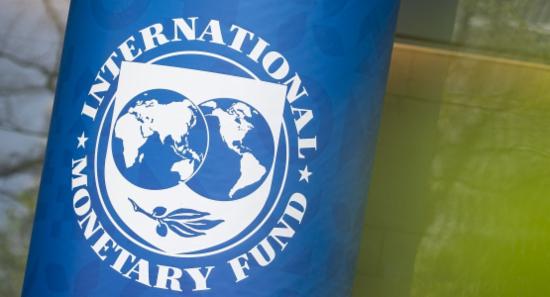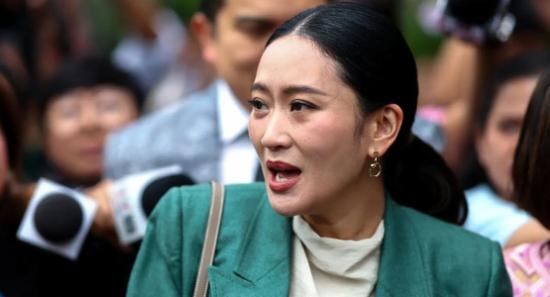.webp)
-723382.jpg)
Key takeaways from the G7 summit 2023
Colombo (News1st): This year's G7 summit called for global peace. Held amidst the haunting devastation of the atomic bomb dropped on Hiroshima in August 1945, Japanese Prime Minister Fumio Kishida aptly called for world peace and nuclear disarmament. With war in Ukraine looming alongside the threat of nuclear war, what absorbed the discussions held between the world's most industrialized countries at their meeting this May?
The G7 or the Group of 7 countries are an informal bloc of some of the strongest economies in the world; the bloc consists of the USA, France, Germany, the UK, Canada Italy and Japan. It's annual meetings are attended by 16 nations and the European Union. The group meets annually to discuss matters pertaining to global economics, international security and energy.
Particularly notable was Prime Minister Narendra Modi's visit to Hiroshima. It made him the first Indian Prime Minister since Jawaharlal Nehru to visit the Japanese city since 1957 (no Indian representative had visited Hiroshima since India conducted nuclear tests in 1974). Modi's presence in the Japanese city was not the only anomaly. The summit was graced with the presence of President Volodymyr Zelenskyy who condemned neutral countries like India.
This year, the G7 nations agreed unanimously to tighten the screws on the sanctions placed on Russia whilst also reducing reliance on trade with China. The freshly drafted package of sanctions includes restrictions on Russia regarding the export of industrial machinery, tools. Metals, diamonds and technology- anything that would add revenue to The Kremlin’s war machine. The new package of sanctions did not go far enough for Ukraine who demanded the G7 hit Russia’s banking system too. Britain plans to ban the imports of Russian diamonds, copper, aluminum and nickel. The decision to loosen the grip of reliance on China follows Beijing’s continued use of the world’s economic dependence on its trade, as a weapon. There has already been efforts from Washington to impede China’s tech sector (for example, by blacklisting several Chinese tech firms).
Russia and China dominated the discussions about international security, as for the gas sector, the G7 decided to take the lead on releasing their use of fossil fuels in the hope of quitting coal, gas and oil by the end of the year. By phasing out their need for Russian sourced fossil fuel it will also accelerate the deterioration of the Russian war machine.
Other Articles
Featured News





.png )













-794314_550x300.jpg)
















.gif)